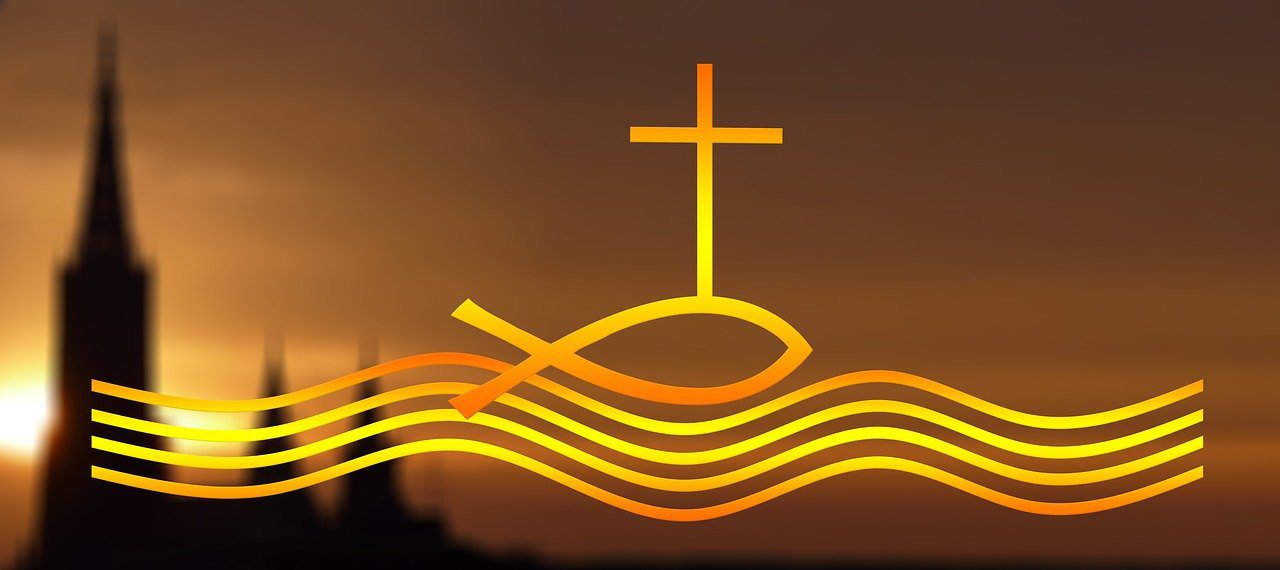
In October 2021, the preparatory phase of the Synod of the Universal Church under the title “For a Synodal Church: Communion, Participation and Mission” was solemnly opened in Rome. The Ordinary General Assembly of the Synod of Bishops is scheduled for October 2023, and will be followed by the implementation of the recommendations in the dioceses.
Between these two dates, the faithful of the national churches have been invited to give their opinion in order to provide local syntheses that will feed into the discussions in Rome. The collection of French diocesan syntheses was spread out from October 2021 to April 2022. They give an account of “what characterises, affects, mobilises and questions the people of God in France,” explains Mgr Alexandre Joly, Bishop of Troyes, who is in charge of the Synod 2023 team for France.
On June 8th, 2022, a summary document was published for France by the Bishops’ Conference. The synodal process is said to have mobilised 150,000 people in France, which is fairly small in relation to the French practising Catholic population (in 2021 6.6% of the population declared themselves to be practising Catholics in France, i.e., about 4,400,000 people). The document is intended to be “as honest as possible” a reflection of the issues addressed in the synthesis, but also of the tensions and aspirations of the faithful. In concrete terms, this means that the proposals were transmitted almost as they were by the bishops, without any critical distance and without any selection of those that are, in particular, in flagrant contradiction with the magisterium of the Catholic Church. This is a deliberate choice on the part of the French bishops, who met in Lyon before sending their synthesis to Rome and voted in principle to communicate them “as is” to the Vatican and “without alteration,” accompanied simply by an explanatory letter.
As Le Figaro’s expert in Catholic matters Jean-Marie Guénois points out, this is the first time that the French Church has so openly taken on such a reformist text. Given the revolutionary nature of the document, the bishops were obliged to produce a clarification: the synthesis “does not mean that the bishops adhere to every point of the document—far from it, especially on questions of priesthood.” They simply state that they have done so “out of a concern to listen and to be transparent.”
Indeed, this synthesis brings together a certain number of the modernist demands that have been agitating the Church since the 1970s, particularly regarding the marriage of priests or the ordination of women.
The ten proposals in the document take a very harsh look at the current activities of the Catholic priesthood: “authoritarianism, difficulties in relations with women, an overbearing rather than fraternal attitude.” Some even propose “that the celibacy of priests be left to their free choice, so that priestly ordination and marriage are compatible.”
In addition, there are “many requests for women to be ordained as deacons” and to be entrusted with “preaching.” This would be a “first step.” Some would even like them “to be ordained priests.”
Other proposals call for the marginalisation of the Eucharist in favour of other forms of community celebration. The Eucharist is seen by some as a “place of tension”: both for the “inadmissibility of the language” of the Church—too complex for the faithful—and for those “excluded from the sacraments (homosexuals, remarried divorcees).”
The sending of this document to Rome inevitably raises questions. Indeed, whether or not it is truly representative of current opinion among French Catholics is largely questionable. Not only did very few ordinary laity take part, but those who did are not a reflection of all churchgoers. The 25-45 age group is almost entirely absent, which proves that it did not recognise itself in this process—even though it is a real dynamo in France today and represents the future of the Church.
Father Luc de Bellescize, a priest in the Paris diocese who heads a parish very popular with young people, has a harsh view of the synodal synthesis: “Many of the proposals are the sign of a profound ignorance of the most fundamental catechesis and seem to be a bad copy-paste of the 1970s,” he explains in an interview with the Catholic weekly Famille Chrétienne. He does not mince words in condemning these proposals: “Progressivism is an old moon that will not survive its eclipse.” His observation is simple: the places where the dynamism of the faith is measured today are precisely the places where there was little or no participation in the synod. “There were 30,000 young Unitarian Scouts of France at Chambord in a recollected silence during the Pentecost Mass, 15,000 faithful at the pilgrimage Notre-Dame de Chrétienté, 8,000 teenagers at the pilgrimage of the FRAT who confessed in large numbers and praised the Lord. This is the living source, in the diversity of graces and charisms.” Finally, Father de Bellescize invites us to look at other communities that have chosen to bet everything on progressivism: we know today that the results in pastoral terms are not there. “It is enough to see, without the need to name them, those regions of Northern Europe where the pastoral axes chosen for decades have led to real spiritual deserts and an almost total annihilation of consecrated vocations,” he recalls.
It is to be hoped that the reception of the French synodal document in Rome will give rise to a true critical perspective, because the living practice of the faith in the country that was once the eldest daughter of the Church hardly corresponds to this sinister document, which is the heir to the dark hours of May 1968.
